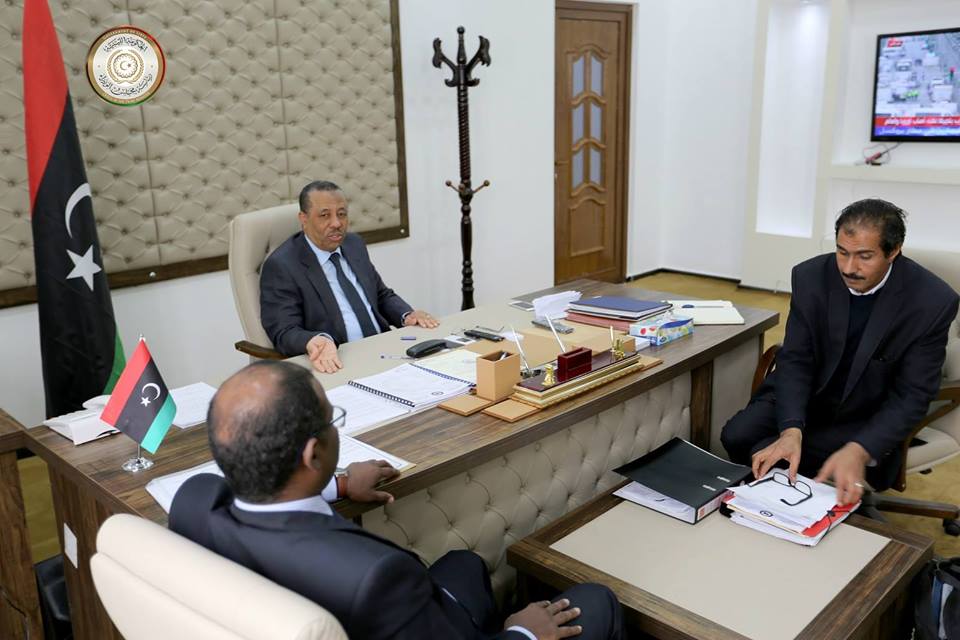By Libya Herald reporter.

Tripoli, 24 March 2016:
It is still too early to talk of rebuilding Benghazi, according to the director of . . .[restrict]planning at Beida-based government’s General Authority for Housing and Utilities. For effective planning to start, Faraj Al-Rabhi says, the whole city has first to be liberated.
In an interview with the Beida offices of the Libya news agency LANA, Al-Rabhi points out that key areas in the city, such as Sabri and Suq Al-Hout, still have not been fully cleared of militants.
His comments follow a meeting he had on Tuesday with interim government prime minister Abdullah Al-Thinni and the head of the hosing authority Ali Kusu on rebuilding shattered Benghazi, and, in particular, the completion of some 5,000 housing units left unfinished at the revolution.
In recent weeks, the Thinni administration has focused strongly on reconstruction in Libya’s second city which suffered first from decades of neglect by the Qaddafi regime and then over the past two years the blitz tactics of the Libyan army’s assault against Ansar Al-Sharia and other militants and terrorists operating there.
The Presidency Council headed by prime minister-designate Faiez Serraj has also picked up the need to prioritise Benghazi’s reconstruction.
There were plenty of plans for rebuilding the city, Al-Rabh said in his interview. There had been studies before the revolution for the redevelopment of various neighbourhoods and these could be used, he said. But first there had to be detailed work on the ground to see what was damaged and what could be used, and that required a complete end to the fighting throughout the whole city.
Ordinary Benghazinos, especially those who had had to flee their homes and wanted to return, needed to see rapid reconstruction, he said but pointed out that so far in all its debates the House of Representatives had failed to adopt any plans for rebuilding the city or allocate a budget even just for temporarily rehousing the displaced and providing them with humanitarian aid and medical support.
“The entire responsibility rests with the interim government and the international community because they did not intervene in Benghazi and did not provide any help for this city over a year and a half,” he said.
[/restrict]







